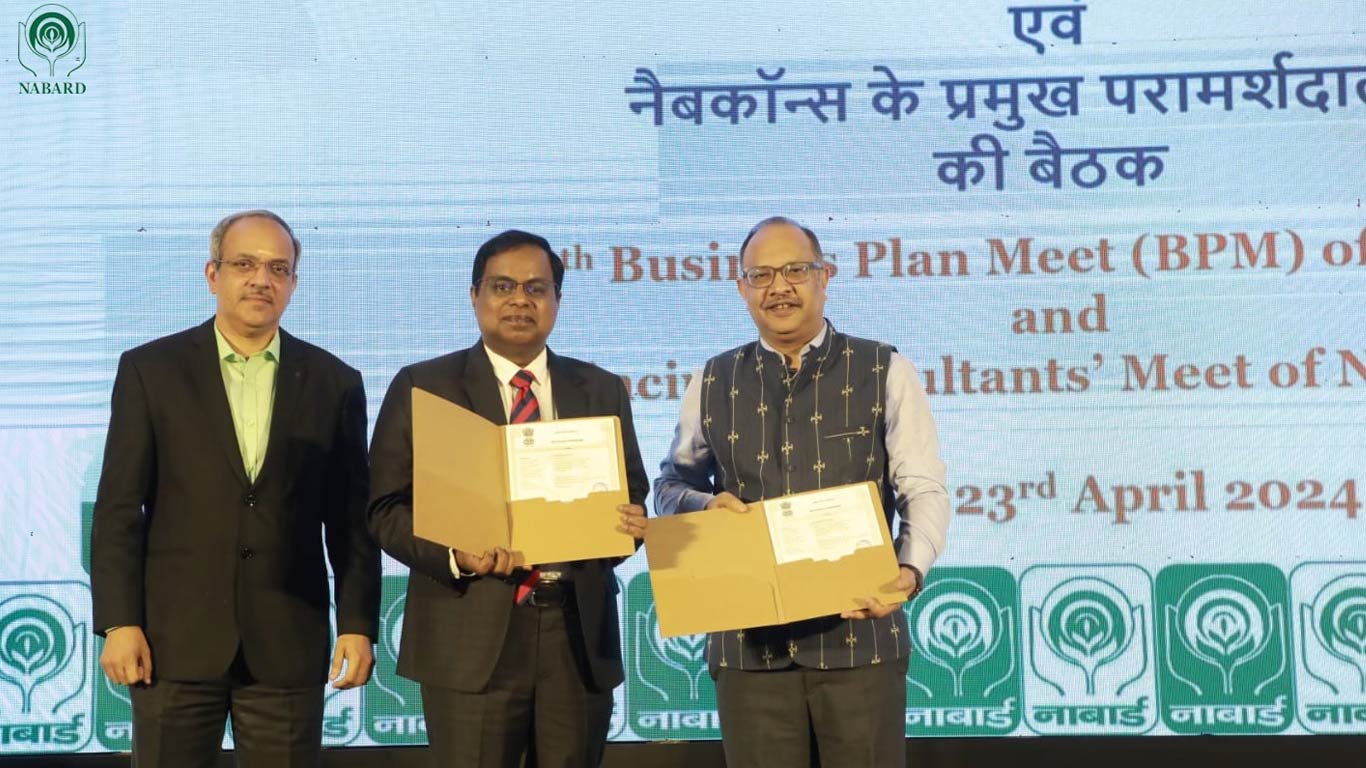Labour Code on social security further eases doing business by proposing a single social security contribution
Updated: Apr 11, 2018 07:04:52am

Labour Code on social security further eases doing business by proposing a single social security contribution
New Delhi, Apr 11 (KNN) Making a significant change in labour law, the draft Labour Code on Social Security 2018 has proposed to cap the contribution to be paid by employer to State Social Security Fund to 17.5% of the wages or wage ceiling whichever is lower.
The apex body for MSME associations in the country, FISME, has been recommending bringing down the percentage of contribution down from 20% to 10%.
Commenting on this Former President of the Federation of Indian Micro and Small & Medium Enterprises (FISME), Dinesh Singhal, said this would be a significant move. He said the industry has been demanding for reducing the contribution to 10% for the small sector, however, 17.5% will also a welcome step.
The Government has already released three Codes: on industrial relations, on wages, and now on social security. The Wage Code replaces four existing laws, namely, the Payment of Wages Act 1936, the Minimum Wages Act 1948, the Payment of Bonus Act 1965, and the Equal Remuneration Act 1976.
It was introduced in Parliament on August 10, 2017.
In a move that would help ease the burden of high contribution toward social security from the micro, small and medium enterprises (MSMEs) sector grappling with credit crisis, the draft Labour Code on Social Security 2018 has reduced the contribution from 20% to 17.5%.
It states, “The contribution which shall be paid by the employer to the State Social Security Fund shall be at such rate as may be notified by the Central Government after consultation with the Central Board, not exceeding seventeen and half per cent of the wages or wage ceiling whichever is lower, for the time being payable to each of the employees whether employed by him, whether directly or through a contractor.”
Provided further that, the Central Government may notify different rates of contribution payable by the employer under this section for different categories of entities classified under section 14A.
The draft Code clarifies that the Contribution shall be payable by every entity in respect of every person employed by the entity irrespective of nature of work, nature of entity or number of days of engagement and the Contribution will also be payable if the worker is an international worker.
Further, the draft Code states that the contribution which shall be paid by the employer of establishments to whom the Scheme of Gratuity applies to the State Gratuity Fund shall be two percent of the wages for the time being payable to each of the employees whether employed by him directly or not.
It notes that the Contribution shall be payable by every establishment in respect of every person employed by the establishment, irrespective of nature of worker, nature of entity or number of days of engagement.
In case of workers employed through a contractor, the contribution to State Gratuity Fund shall be paid by the Principal Employer.
The draft also proposes creation of State Social Security Fund in each of the States and Union Territory, where the concerned State Board has been constituted, to be called as the respective State Social Security Fund.
The State Social Security Fund and the State Gratuity Fund shall vest in, and be administered by the respective State Board in such manner as may be stipulated, proposes the Labour Code.
All moneys accruing or payable to the State Social Security Fund or the State Gratuity Fund shall be paid into the State Bank of India or such other bank as may be stipulated, to the credit of an account styled the account of the State Social Security Fund or the State Gratuity Fund, as the case may be.
On this, Singhal, FISME’s ex-president said this fund earlier used to go to the centre. Now it is going to the states who in-fact have right over this fund.
In another significant change, the draft Social Security Code 2018 allows the employer, in the first instance, for each contribution period, to pay both the contribution payable by the employer (employer’s contribution) and also, on behalf of the worker employed by him directly or by or through a contractor, the contribution payable by such employee (worker’s contribution) to the State Social Security Fund.
Provided that a household may, in respect of domestic workers employed by him, after informing the Commissioner in such manner as may be stipulated, opt to pay consolidated contribution in advance on quarterly or half-yearly basis in respect of contribution periods of subsequent quarter.
Singhal, a renowned industrialist from Meerut, Uttar Pradesh, said this would definitely reduce the burden from the employers who will have the flexibility to pay according to his capacity at a particular time.
India's total workforce stands at around 500 million. A little over 10% of this is in the organised sector, where workers enjoy social security of some sort under EPFO and ESIC. But a major portion of the total workforce is still in the unorganised sector, where workers do not often get even the minimum wage and lack any kind of social security cover.
Workers employed in the organised sector along with the employee contribute around 25% of the basic salary towards the provident fund and another 6% for insurance, taking the total contribution to more than 30%, which manages for the medical, provident fund and pension benefits for the employee. (KNN Bureau)











